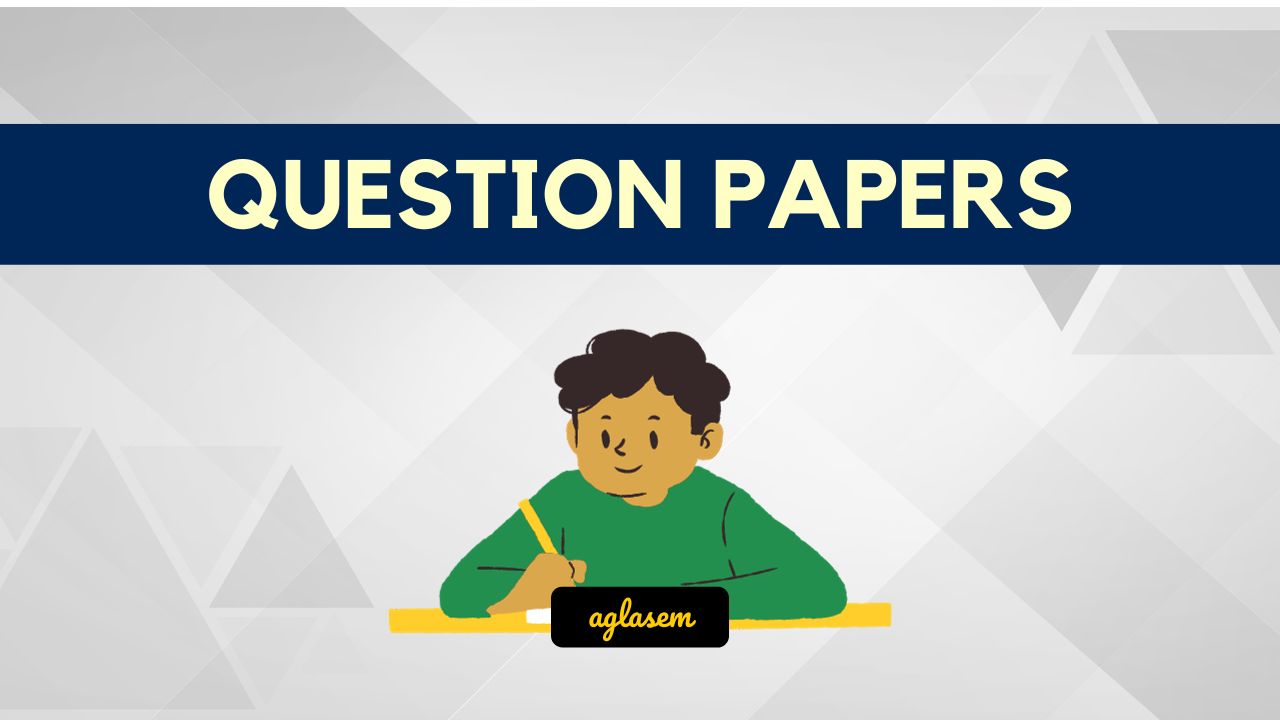NCERT Solutions 2025 Class 10 History Chapter 1 The Rise Of Nationalism In Europe has been published by Aglasem. You can now download the Class 10 History Ch 1 Questions and Answers PDF here. This NCERT Solutions for Class 10 History contains answers of all questions asked in Chapter 1 in textbook, India and the Contemporary World II. Therefore you can refer it to solve The Rise Of Nationalism In Europe exercise questions and learn more about the topic.
NCERT Solutions for Class 10 History Chapter 1 The Rise Of Nationalism In Europe
Class – Class 10
Subject – History
Chapter – Ch 1
Chapter Name – The Rise Of Nationalism In Europe
Book – India and the Contemporary World II
Study Material – NCERT Solutions
NCERT Solutions for Class 10 History Chapter 1 PDF
While you can read NCERT Solutions for Class 10 History Ch 1 for all exercises here on aglasem. You can also download this NCERT Solutions PDF to refer ncer question answer at anytime when you study The Rise Of Nationalism In Europe. Here it is.
NCERT Solutions for Class 10 History Chapter 1 PDF Download Link – Click Here to Download Solutions PDF
How to download NCERT Solutions for Class 10 History Chapter 1 PDF?
You can download the complete NCERT solutions for chapter 1 of this NCERT Book i.e. India and the Contemporary World II with following steps.
- First search NCERT Solutions for Class 10 History Ch 1 PDF aglasem and come to this page.
- Now you will see the exercise questions answers of The Rise Of Nationalism In Europe and download pdf link on it.
- Click the Download PDF link to obtain the The Rise Of Nationalism In Europe questions with answers document.
NCERT Solutions for Class 10 History
There are more chapters to study besides The Rise Of Nationalism In Europe in this subject. So here are NCERT solutions for all topics of History taught in 10th class here at aglasem.
- History – India and the Contemporary World II
- Chapter 1 The Rise Of Nationalism In Europe
- Chapter 2 Nationalism In India
- Chapter 3 The Making Of A Global World
- Chapter 4 The Age Of Industrialisation
- Chapter 5 Print Culture And The Modern World
- Civics – Democratic Politics II
- Chapter 1 Power-sharing
- Chapter 2 Federalism
- Chapter 3 Gender, Religion And Caste
- Chapter 4 Political Parties
- Chapter 5 Outcomes Of Democracy
- Geography – Contemporary India II
- Chapter 1 Resources And Development
- Chapter 2 Forest And Wildlife Resources
- Chapter 3 Water Resources
- Chapter 4 Agriculture
- Chapter 5 Minerals And Energy Resources
- Chapter 6 Manufacturing Industries
- Chapter 7 Lifelines Of National Economy
- Economics – Understanding Economic Development
- Chapter 1 Development
- Chapter 2 Sectors Of Indian Economy
- Chapter 3 Money And Credit
- Chapter 4 Globalisation And The Indian Economy
- Chapter 5 Consumer Rights
NCERT Solutions for Class 10
Just like you got History Ch 1 solutions here. You can see exercise questions answers of other subjects and their topics too on aglasem. Here are NCERT solutions for all subjects of 10th standard NCERT books.
NCERT Solutions for Class 10 History Chapter 1 – An Overview
The key highlights of this study material are as follows.
| Aspects | Details |
|---|---|
| Class | Class 10 |
| Subject | History |
| Chapter Number | Ch 1 |
| Chapter Name | The Rise Of Nationalism In Europe |
| Book Name | India and the Contemporary World II |
| Book By | NCERT (National Council of Educational Research and Training) |
| Educational Resource Here | NCERT Solutions of Class 10 History Ch 1 for All Exercise |
| More Questions Answers of This Subject | NCERT Solutions for Class 10 History |
| Download Book Chapter PDF | NCERT Book Class 10 History Chapter 1 |
| All Questions Answers For This Class | NCERT Solutions for Class 10 |
| Complete Solutions | NCERT Solutions |
If you have any queries on NCERT Solutions for Class 10 History Chapter 1 The Rise Of Nationalism In Europe, then please ask in comments below.
To get study material, exam alerts and news, join our Whatsapp Channel.









